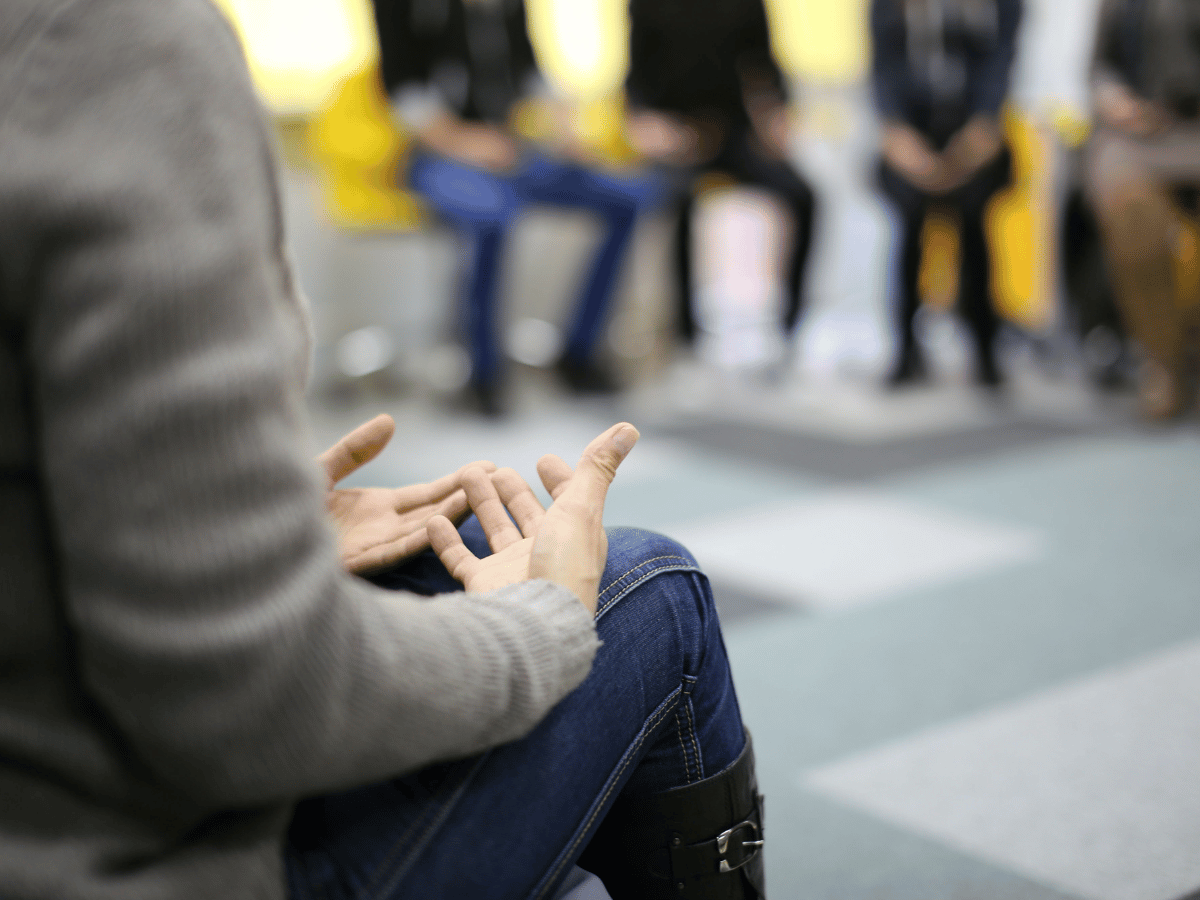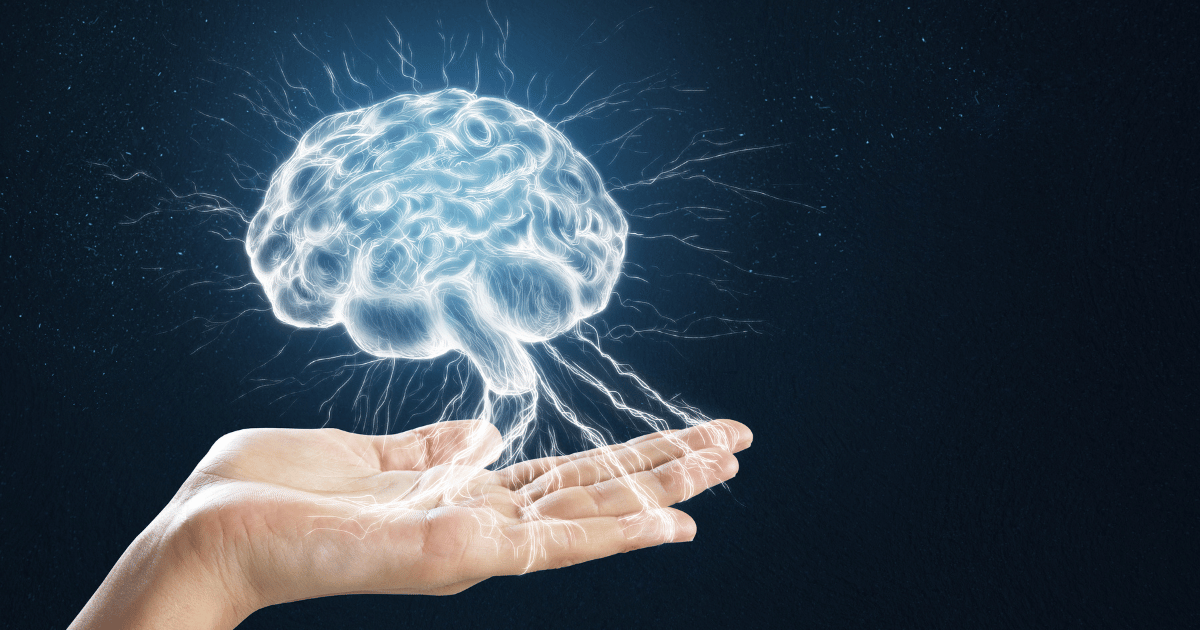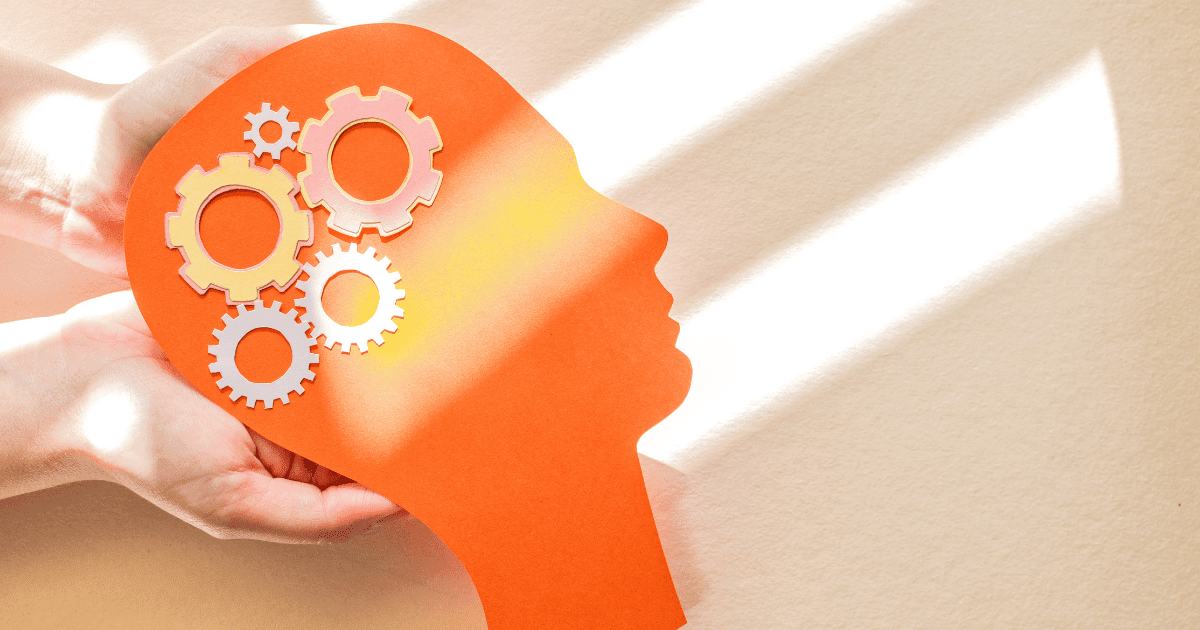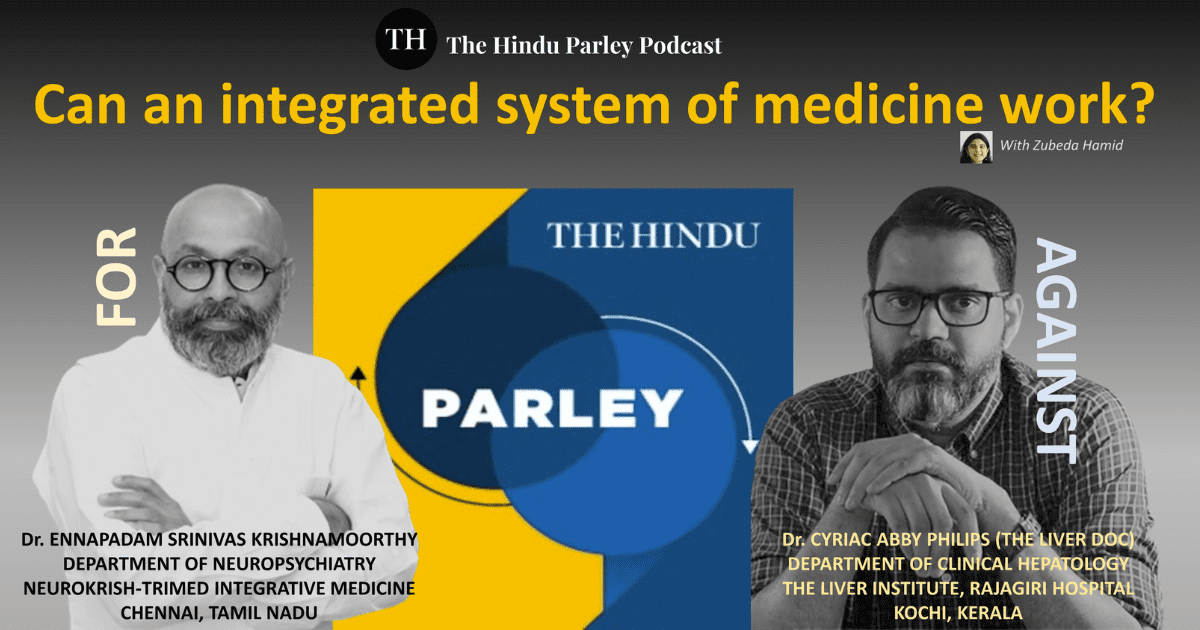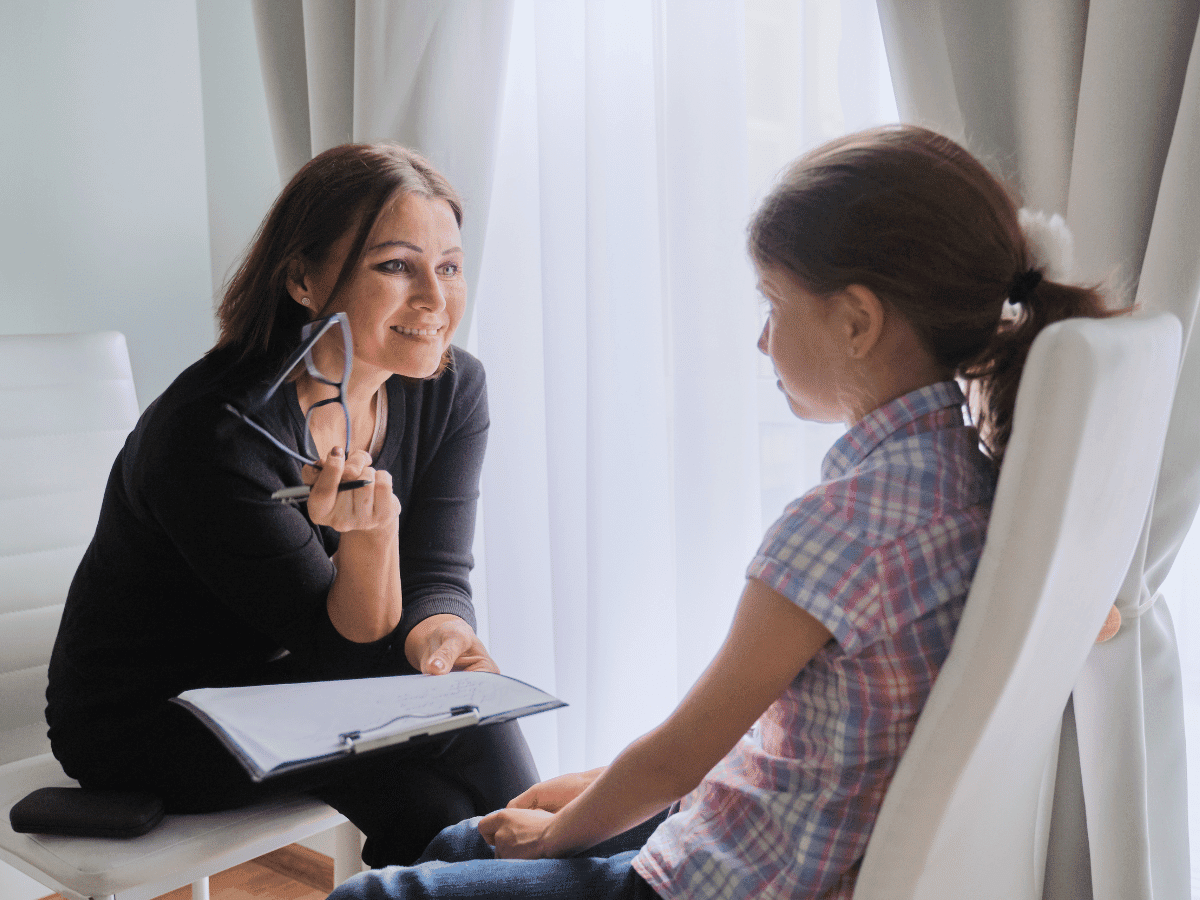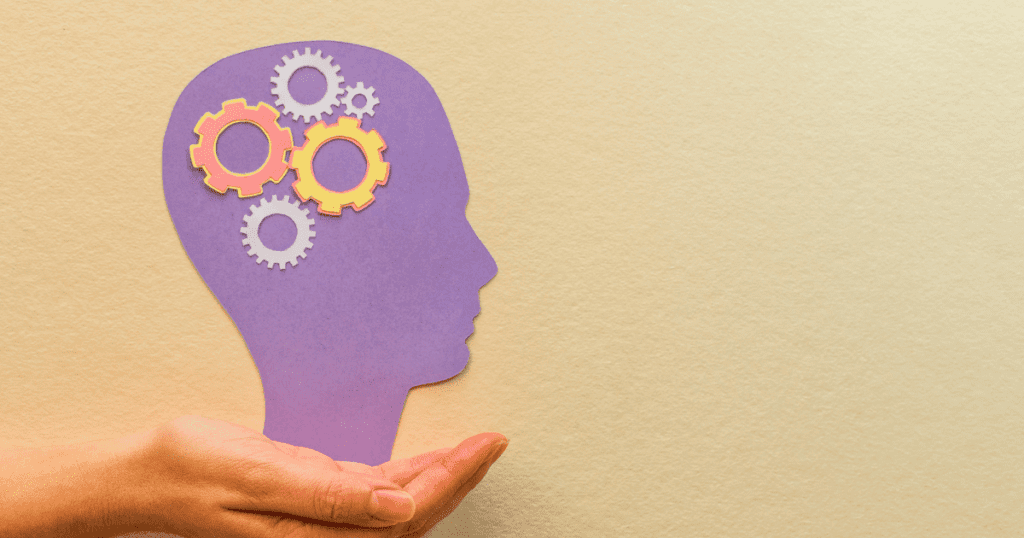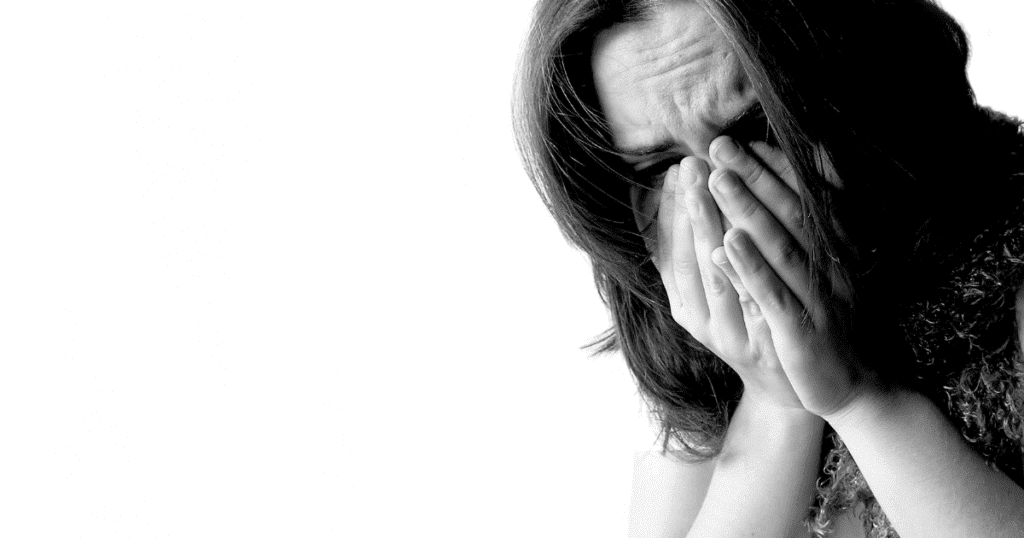Mrs. S -Story
We are delighted to report on a patient with hydrocephalus after a stroke who has shown remarkable improvement over a period of 12 months with the help of our comprehensive care program- physiotherapy, psychology, speech therapy, and Ayurveda. The patient had suffered a stroke that resulted in hydrocephalus, which is a condition where there is an accumulation of cerebrospinal fluid in the brain.
The patient was initially unable to move her limbs and had great difficulty speaking; she was essentially wheelchair bound and had very limited mobility requiring considerable assistance for all activities. Being a former athlete and regular swimmer, she also experienced depression and anxiety due her disability. When she came to Buddhi Clinic, several months of physiotherapy delivered to her as a mono-therapy had not resulted in much improvement and she remained very disabled.
However, with the help of our team of healthcare professionals including the physiotherapist, psychologist, speech therapist, and Ayurvedic-Naturopathy practitioners, the patient began to show signs of improvement.
Physiotherapy helped the patient regain strength in the limbs and improve her mobility. Psychology sessions helped her cope with the emotional struggles of being physically impaired and unable to speak, and provided her with the tools to manage depression and anxiety. Speech therapy helped her to gradually regain her ability to communicate effectively.
Ayurveda played a significant role in the patient’s recovery as well. Our Ayurvedic practitioners prescribed external therapies that helped improve muscle tone, blood flow, overall mobility, alertness and motivation. Our holistic practitioners also recommended dietary and lifestyle changes that supported the patient’s overall health.
Through treatment the patient was under the care and supervision of our allopathic doctors who provided guidance on medication and therapy. Indeed, at the end of the first cycle of intensive therapy, the clinical note said:
“Making good progress in therapy. She is now able to walk with limited support although she tends to be forward propulsive. Speech is present, expressive and appropriate with word finding difficulties being evident. She has problems with spontaneous speech. Family recognise that she is progressing well and report increased alertness, attempts to initiate action but also some confabulation. Utilisation behaviour observed.”
Plan: Therapy to continue for another full cycle.
With continued comprehensive care, with all four specialists remaining involved and the dedicated support of her spouse and caregivers, Mrs. S improved significantly. She was able to walk without assistance and perform daily activities first with little support and later independently. Her speech also improved, allowing her to communicate more effectively with others. At the end of one year of regular care, the clinical note was …
“Has made very good progress, is self ambulant, communicative, with improving ADL. Swallows well, speaks clearly, diet is diverse. Walking in the swimming pool (with suitable guidance and support) as well as cooking (used to be accomplished in this) and table top weaving (was a clothes designer before) discussed as OT.”
Plan: Therapy to continue with aforementioned focus
Our combination of physiotherapy, psychology, speech therapy, and Ayurveda proved to be highly effective for this stroke patient with hydrocephalus who has also remained stable in medical management not requiring further surgical intervention. It is evident that a sustained, comprehensive and multidisciplinary program can help even those with serious neurological conditions and considerable disability, make significant progress towards regaining their independence and improving their quality of life.


